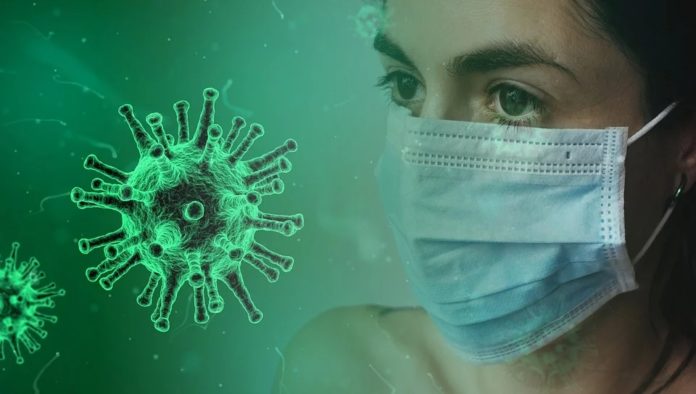Health and care organisations from across Somerset have joined together to remind local people to follow Government social distancing rules to minimise the increase of positive cases of coronavirus across communities.
The warning comes as new figures show the rate of transmission of the virus – known as the “R value” – for the south west has increased to 1.0.
Louise Woolway, Deputy Director of Public Health, said on Friday that the increase highlights the importance of following all government guidelines to cut the spread of the virus and to protect the NHS.
“Although Somerset continues to have low overall numbers of positive coronavirus cases compared to other parts of the country, this is a stark reminder that the virus is still active in our local communities and has not gone away,” she told Burnham-On-Sea.com.
Somerset County Council’s Director of Children’s Services Julian Wooster explained that advice to school head teachers was constantly reviewed and thanked them for their support.
He said: “Heads, teachers and other education staff have worked hard over the past couple of months to keep children safe and now to expand lessons in primary schools. We are keeping a very watchful eye on all the data. This new transmission rate figure is just one part of the picture here in Somerset but an important one and none of us can afford to relax and ignore the guidelines.”
Dr Ed Ford, Chair of Somerset Clinical Commissioning Group, adds: “Our health and care colleagues across the county are working extremely hard to respond to the growing demand on healthcare services and to help keep the people of Somerset safe. We all have an important part to play in helping to reduce the spread of the infection by following recommended guidelines around social distancing and remaining cautious.”
“As the lockdown gradually eases, more children go back to school, and we are able to meet limited numbers of people from another household outside, it is essential that we continue to remain alert to the virus and act responsibly to protect ourselves, our family and our front line workers.”
Professor Debra Lapthorne, Regional Director PHE SW & Regional Director of Public Health NHS England South West, said: “The timing of the initial wave of infection was very different in each region, and consequently there will be some regional variation in R even now. Alongside the North West, and East of England, the South West had one of the lowest levels of activity prior to the lockdown, due to a delayed spread into these regions.”
“It is encouraging to see that the South West continues to see comparatively lower numbers of cases and deaths from COVID-19. We need to ensure all our communities continue to follow government guidance on social distancing and self-isolation. As lockdown measures are eased across the country, it is vitally important we do everything we can to slow the spread of the virus and save lives.”
There are lots of sources of coronavirus information, but it is important to refer only to recognised sources of data for the most accurate and up to date information, visit here.
The government guidance for people shielding has recently been updated. People shielding can now go outside of their home to meet one other person if they observe social distancing.
If you or someone you live with has coronavirus symptoms (high temperature and / or a new continuous cough or loss of taste or smell) Stay at home. If your symptoms worsen or you feel that you cannot manage at home, please refer to the NHS111 online coronavirus service.
Please do not go to your GP practice or community pharmacy. Testing is now available to anyone who is experiencing symptoms and can be accessed online. If you need medical advice or treatment for any non-covid related healthcare issues you can also call NHS 111 or visit the NHS website. Local community pharmacies can also offer information and medication for a range of minor ailments.
You can access medical advice and treatment from your local minor injury unit or GP practice. If you have a medical emergency, you should call 999 as normal, or go to your nearest A&E.







